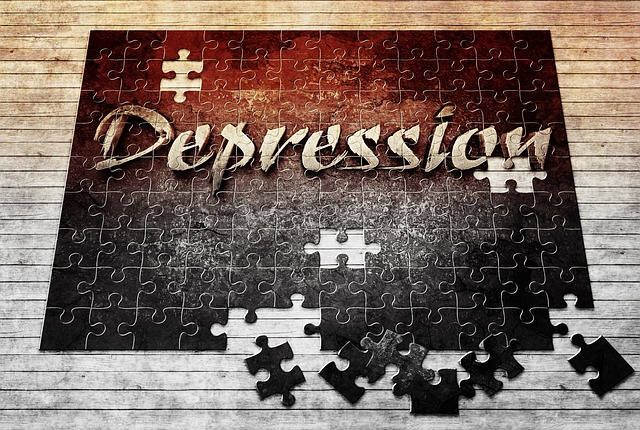Hormone Replacement Therapy Testosterone For Men Both men and women have their respective normal levels of testosterone in the body...

Hormone Replacement Therapy Testosterone For Men Both men and women have their respective normal levels of testosterone in the body...